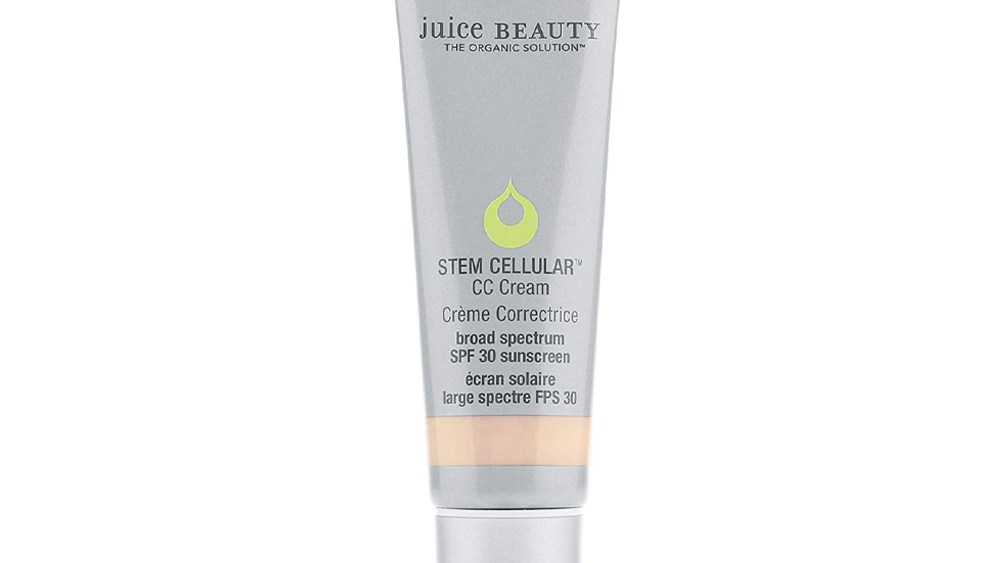Juice Beauty, among the first beauty brands to capitalize on organic beauty and all things clean, is set to liquidate its assets.
The brand, which was founded in 2005 by Karen Behnke and had previously hit $100 million in retail sales at its apex with a buzzy celebrity following, quietly entered an Assignment for the Benefit of Creditors on March 12.
In a notice to creditors and equity holders obtained by WWD, Juice Beauty Inc. has “transferred ownership of all of its rights in tangible and intangible assets” to a new limited liability company called Juice (assignment for the benefit of creditors) LLC, with the latter set to liquidate those assets and “distribute the net liquidation of proceeds to creditors.”
Related Articles
The process could take time, as the document asked for proof of claims before Sept. 8, 2025.
The company did not respond to request for comment by press time.
Juice Beauty was among the first to tap into the organic beauty movement, and was quick to gain traction among celebrities and investors alike. Behnke tapped Gwyneth Paltrow as its director of makeup in 2015 after she invested in the company. In 2022, Kate Hudson collaborated with the brand on a product launch.
Behnke left the company in late 2022, according to her LinkedIn profile. A source said the remainder of the staff was let go in February. Behnke declined to comment.
The brand, in a statement from January, said it would be ringing in two decades of business with a new brand identity, a redesigned website and fresh packaging.
Although the brand reached a sizable volume and counted Ulta Beauty, Sephora Canada and its own website as distributors, one source close to the business said heightened competition and pandemic-induced headwinds became too much to handle.
“Everybody started doing what [Behnke] was doing, everyone got cleaner,” the source said, noting it became harder for the brand to differentiate itself on the market as more brands gained both clinical backing and organic certifications after Juice did. “After Covid, the business was half of what it should have been.”
In 2022, at the time of her partnership with Hudson, Behnke told WWD, “It’s hard with organic ingredients. It’s gotten better, but it’s still expensive. And doing this during Covid-19 was another challenge.”
Another source said the brand’s magic left with Behnke, saying the founder still owned the patents used in products after her departure. Additionally, the company’s leadership invested more heavily in the rebrand than in retail. “Half of the business was lost in 2024,” said the source, noting the business was expecting to close 2024 with $25 million in retail sales.
The source reasoned that the liquidation procedure was a way for it to evade liabilities and potentially find a buyer who could revive the business under a new entity. “But they will need to do it with Karen,” the source said of potential new ownership. “She knew her customer, and how to deliver.”



